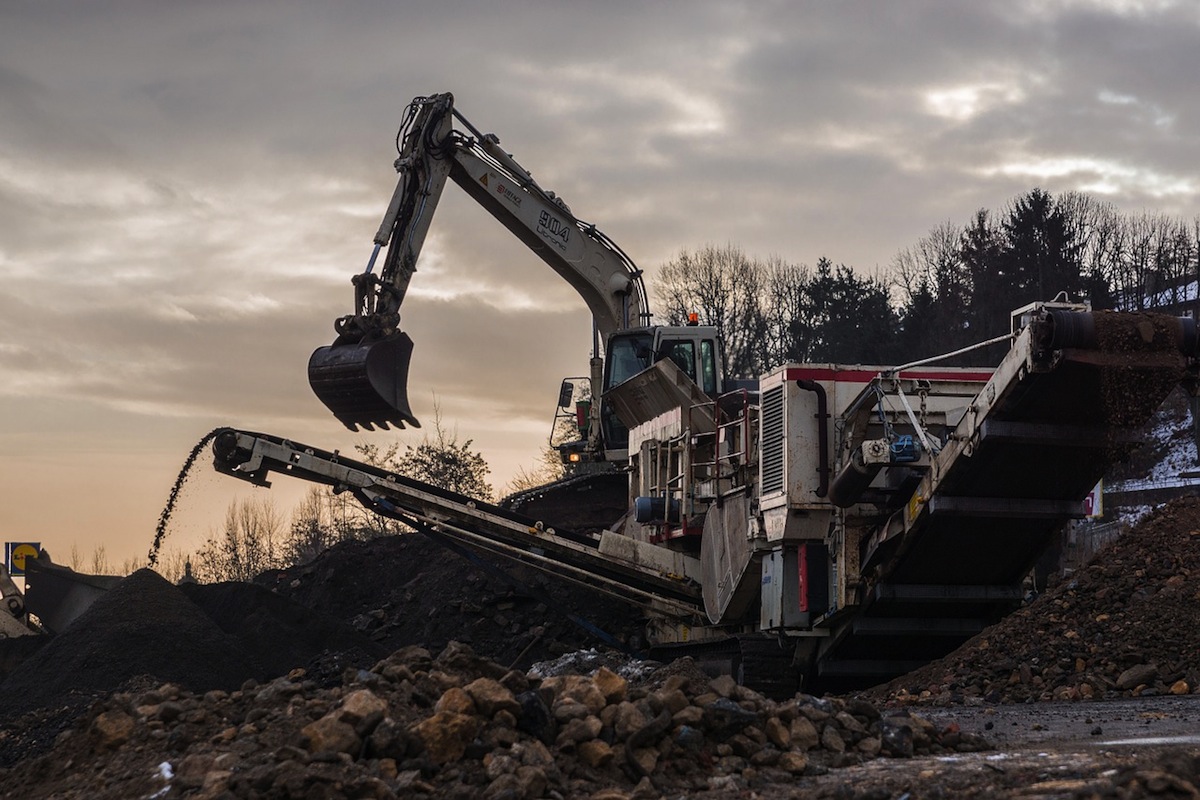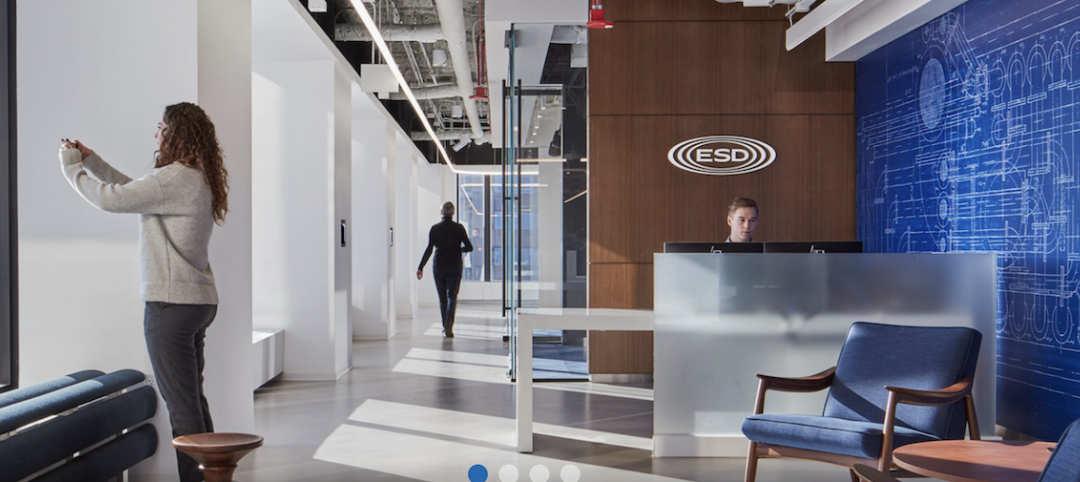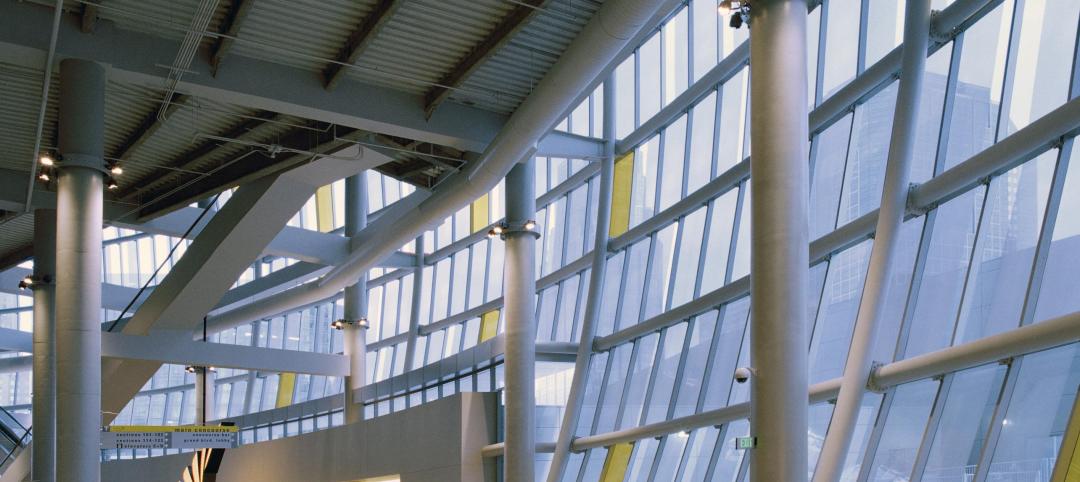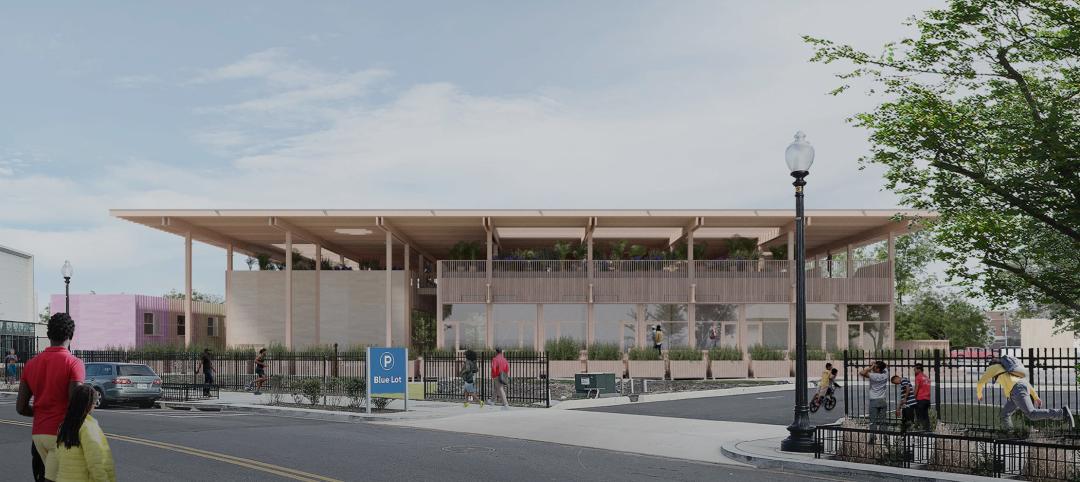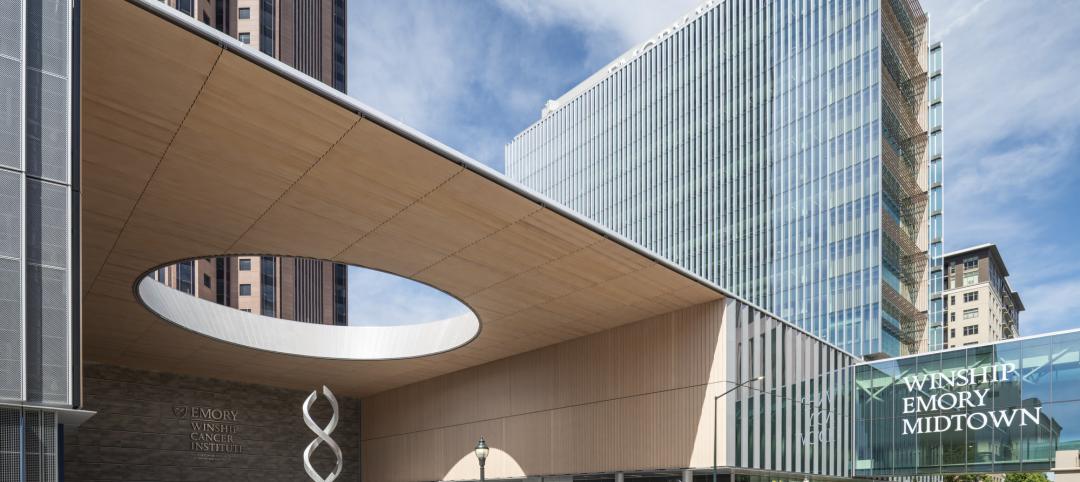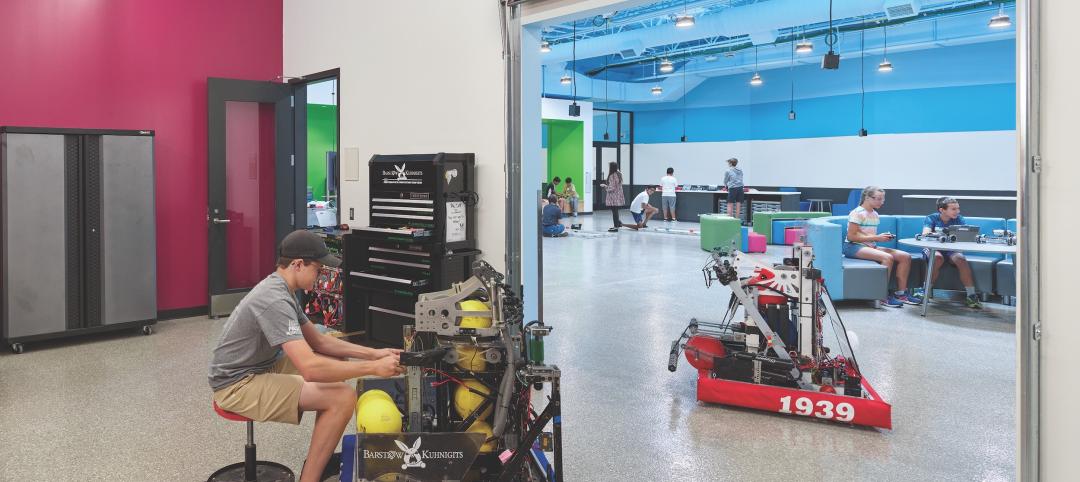The impact of large, transformational deals by integrated engineers and constructors (E&C) last year will spur continued M&A activity this year, as the largest firms use acquisitions to drive growth and enter new markets, according to the latest edition of FMI’s Mergers & Acquisitions Trends.
“Large, transformational deals highlighted robust M&A activity in the E&C industry in 2014,” said Chris Daum, Senior Managing Director and Head of Investment Banking at FMI. “While there may not be as many marquee transactions thus far in 2015, M&A activity remains very high, particularly among the largest U.S. and international firms that continue to pursue acquisitions as a conduit for growth and margin expansion.”
Large, integrated E&C firms remain acquisitive in 2015 as they look to expand beyond their current maturing markets. Competition among buyers for quality firms of size in attractive growth markets is leading to favorable valuations for sellers. One material challenge that exists for buyers has been the limited number of willing sellers that are of sufficient size to be attractive—e.g., heavy civil contracting firms above $200 million and utility T&D or multi-trade industrial firms above $100 million in value.
Persistent themes in 2015
Persistent themes are shaping broader trends within the industry:
• 2014 was notable for several “mega-deals” in the E&C industry, with three deals accounting for more than $11 billion in transaction value alone. Several multibillion-dollar transactions, including AECOM’s acquisition of URS, SNC-Lavalin’s acquisition of Kentz and the merger of AMEC and Foster Wheeler, reflected the continuing convergence of engineering and construction, the pursuit of global scale by large firms and competition for “mega-projects,” which continue to proliferate.
• Firms tied to public spending remain in a “holding pattern” until spending returns to normalized levels. Most of the new construction currently taking place is in the private sector due to a lack of public spending on infrastructure, and buyers have shifted their appetites toward companies servicing the more active private sectors. Potential sellers who are heavily tied to the public sector may attract limited buyer interest until the outlook for public infrastructure spending improves.
• Interest from strategic buyers exceeds the number of quality, motivated sellers in several industry sectors, driven in part by strong interest from international buyers. The US is the most attractive growth market for international firms faced with flat or declining business in their home markets. International buyers are most interested in national or large regional general contractors, heavy civil contractors, or large specialty firms focused on power, energy and industrial infrastructure.
Varied activity by sector
The carryover of robust M&A activity from 2014 in the E&C industry is most notable among firms involved in the design, construction or maintenance of power, energy, utility and industrial infrastructure. However, building products, energy services and cleantech and specialty contractors with large service and maintenance operations continue to see increased buyer interest.
In Oil & Gas, many private equity firms pulled back from pending upstream and midstream deals in the second half of 2014. The sustained decline in the price of oil is expected to fuel an increase in distressed sales, a decline in valuation multiples and a re-emergence of strategic buyers in 2015. Those financial buyers who remain active in the market are focused on acquiring quality assets at steep discounts. The industrial sector, meanwhile, is growing faster than the overall construction market. For that reason, we expect M&A activity for industrial trade contractors to increase over the next few years. The surge in industrial projects is due to the recent availability of low natural gas prices. This has driven both new and renovation projects, spurring some contractors to look to M&A as a potential solution.
Robust international activity
Many international buyers, meanwhile, who have historically focused on traditional construction firms, are beginning to shift their attention to integrated E&C firms. Many buyers believe the integrated model provides a significant entry point into the U.S. market for firms looking to make their initial acquisition. In addition, international buyers continue to see the U.S. as an opportunity for Public-Private Partnerships (P3) projects, and an integrated platform can provide earlier access to the development of revenue-generating projects.
“While 2015 may not match the level of activity seen in 2014, M&A remains a focal point of strategy for many large domestic E&C firms,” said Daum. “Coupling that with the increased interest from international buyers should allow for a continued robust M&A market in 2015.”
FMI’s Mergers & Acquisitions Trends report can be accessed here.
Related Stories
Student Housing | Jun 5, 2023
The power of student engagement: How on-campus student housing can increase enrollment
Studies have confirmed that students are more likely to graduate when they live on campus, particularly when the on-campus experience encourages student learning and engagement, writes Design Collaborative's Nathan Woods, AIA.
Engineers | Jun 5, 2023
How to properly assess structural wind damage
Properly assessing wind damage can identify vulnerabilities in a building's design or construction, which could lead to future damage or loss, writes Matt Wagner, SE, Principal and Managing Director with Walter P Moore.
Energy-Efficient Design | Jun 5, 2023
Implementing an ‘asset drawdown strategy’ for site decarbonization
Solidifying a decarbonization plan via an “asset drawdown strategy” that carefully considers both capital and operating costs represents a game-changing opportunity for existing properties to compete with new projects.
Cladding and Facade Systems | Jun 5, 2023
27 important questions about façade leakage
Walter P Moore’s Darek Brandt discusses the key questions building owners and property managers should be asking to determine the health of their building's façade.
Retail Centers | Jun 2, 2023
David Adjaye-designed mass timber structure will be a business incubator for D.C.-area entrepreneurs
Construction was recently completed on The Retail Village at Sycamore & Oak, a 22,000-sf building that will serve as a business incubator for entrepreneurs, including emerging black businesses, in Washington, D.C. The facility, designed by Sir David Adjaye, the architect of the National Museum of African American History and Culture, is expected to attract retail and food concepts that originated in the community.
Mixed-Use | Jun 1, 2023
The Moore Building, a 16-story office and retail development, opens in Nashville’s Music Row district
Named after Elvis Presley’s onetime guitarist, The Moore Building, a 16-story office building with ground-floor retail space, has opened in Nashville’s Music Row district. Developed by Portman and Creed Investment Company and designed by Gresham Smith, The Moore Building offers 236,000 sf of office space and 8,500 sf of ground-floor retail.
Healthcare Facilities | Jun 1, 2023
High-rise cancer center delivers new model for oncology care
Atlanta’s 17-story Winship Cancer Institute at Emory Midtown features two-story communities that organize cancer care into one-stop destinations. Designed by Skidmore, Owings & Merrill (SOM) and May Architecture, the facility includes comprehensive oncology facilities—including inpatient beds, surgical capacity, infusion treatment, outpatient clinics, diagnostic imaging, linear accelerators, and areas for wellness, rehabilitation, and clinical research.
K-12 Schools | May 30, 2023
K-12 school sector trends for 2023
Budgeting and political pressures aside, the K-12 school building sector continues to evolve. Security remains a primary objective, as does offering students more varied career options.
Multifamily Housing | May 30, 2023
Boston’s new stretch code requires new multifamily structures to meet Passive House building requirements
Phius certifications are expected to become more common as states and cities boost green building standards. The City of Boston recently adopted Massachusetts’s so-called opt-in building code, a set of sustainability standards that goes beyond the standard state code.
Urban Planning | May 25, 2023
4 considerations for increasing biodiversity in construction projects
As climate change is linked with biodiversity depletion, fostering biodiverse landscapes during construction can create benefits beyond the immediate surroundings of the project.


